CONTRIBUTORS
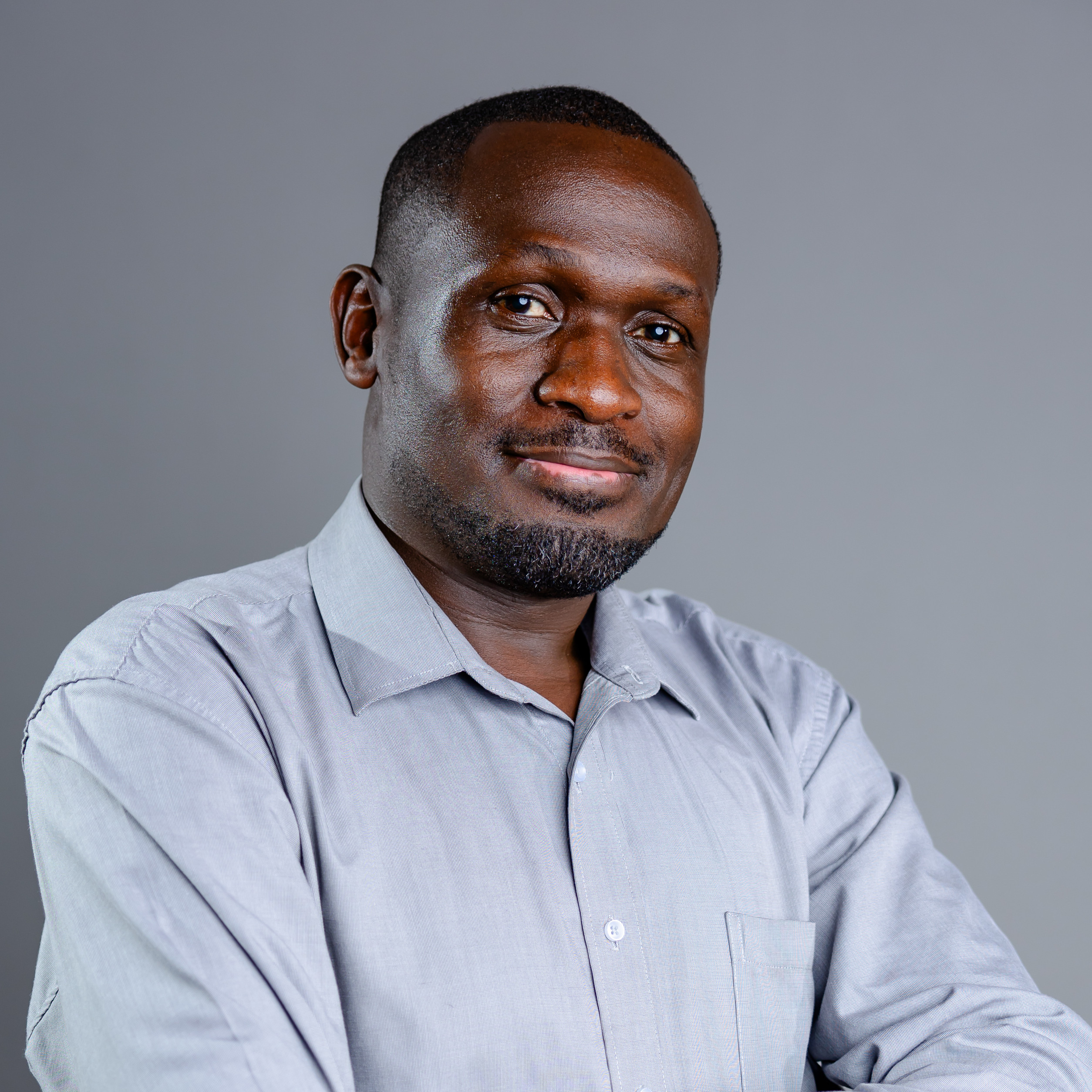
Erick Simiyu Makhapila
Research Officer
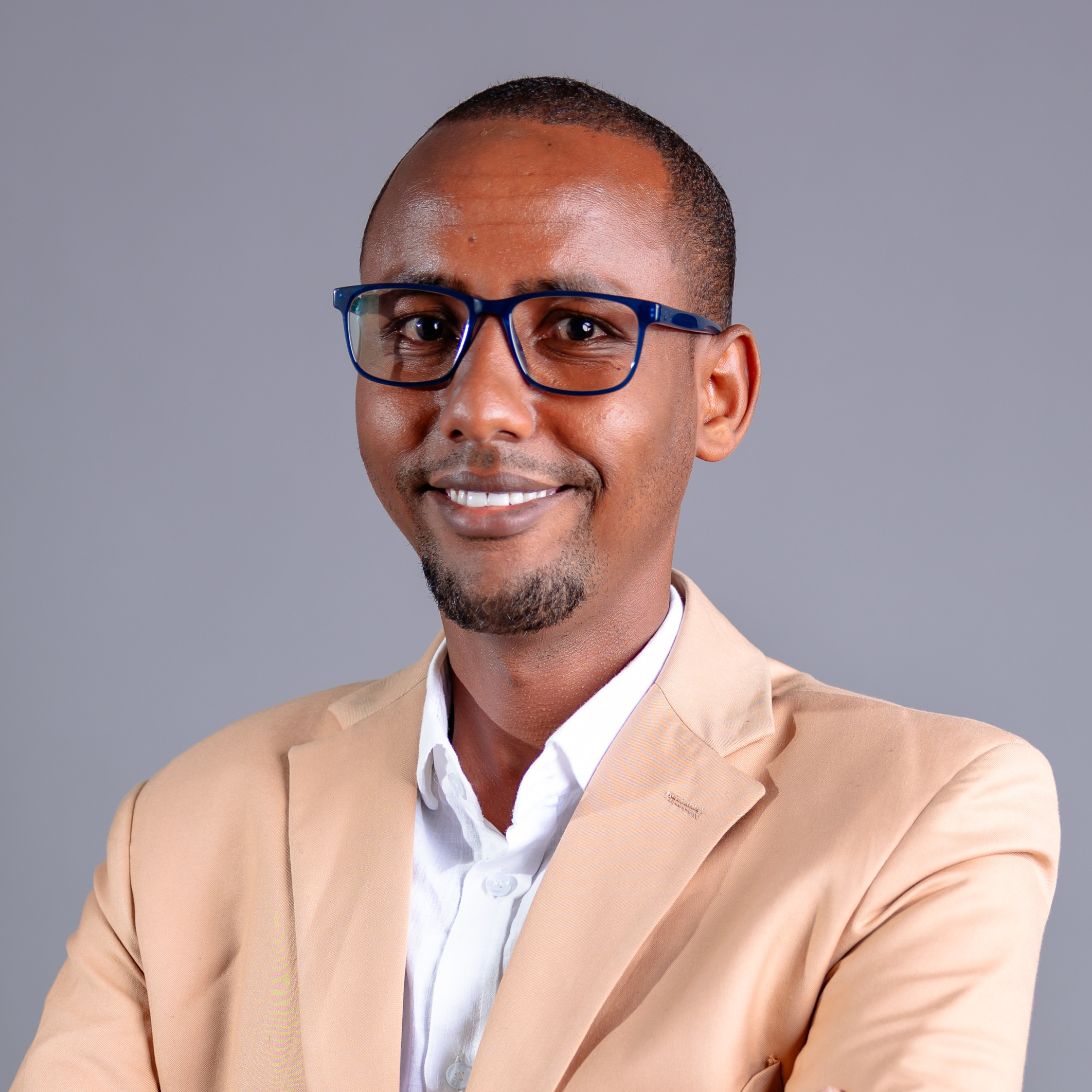
Farah Abdimalik
Research Officer
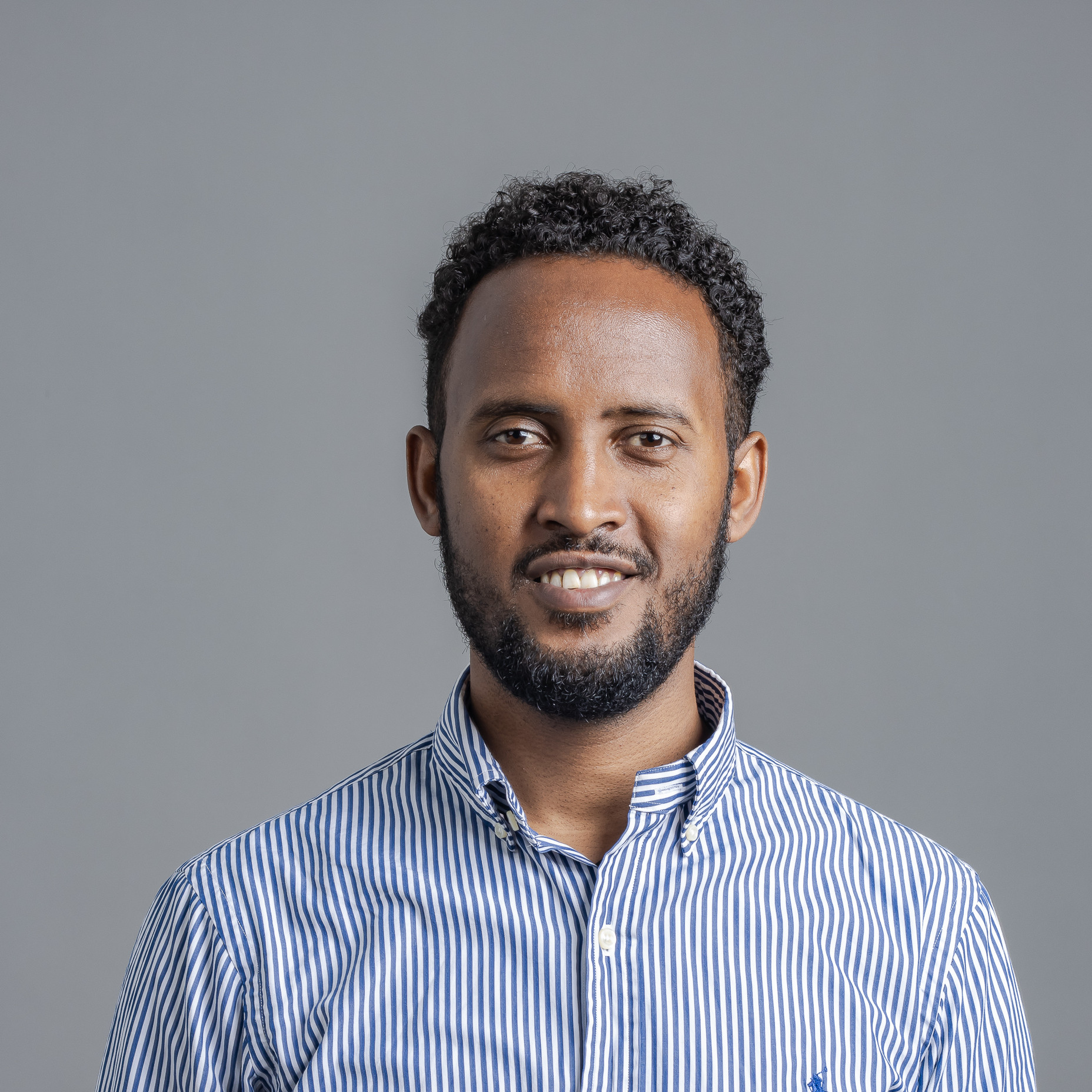
Endale Kebede
Associate Research Scientist
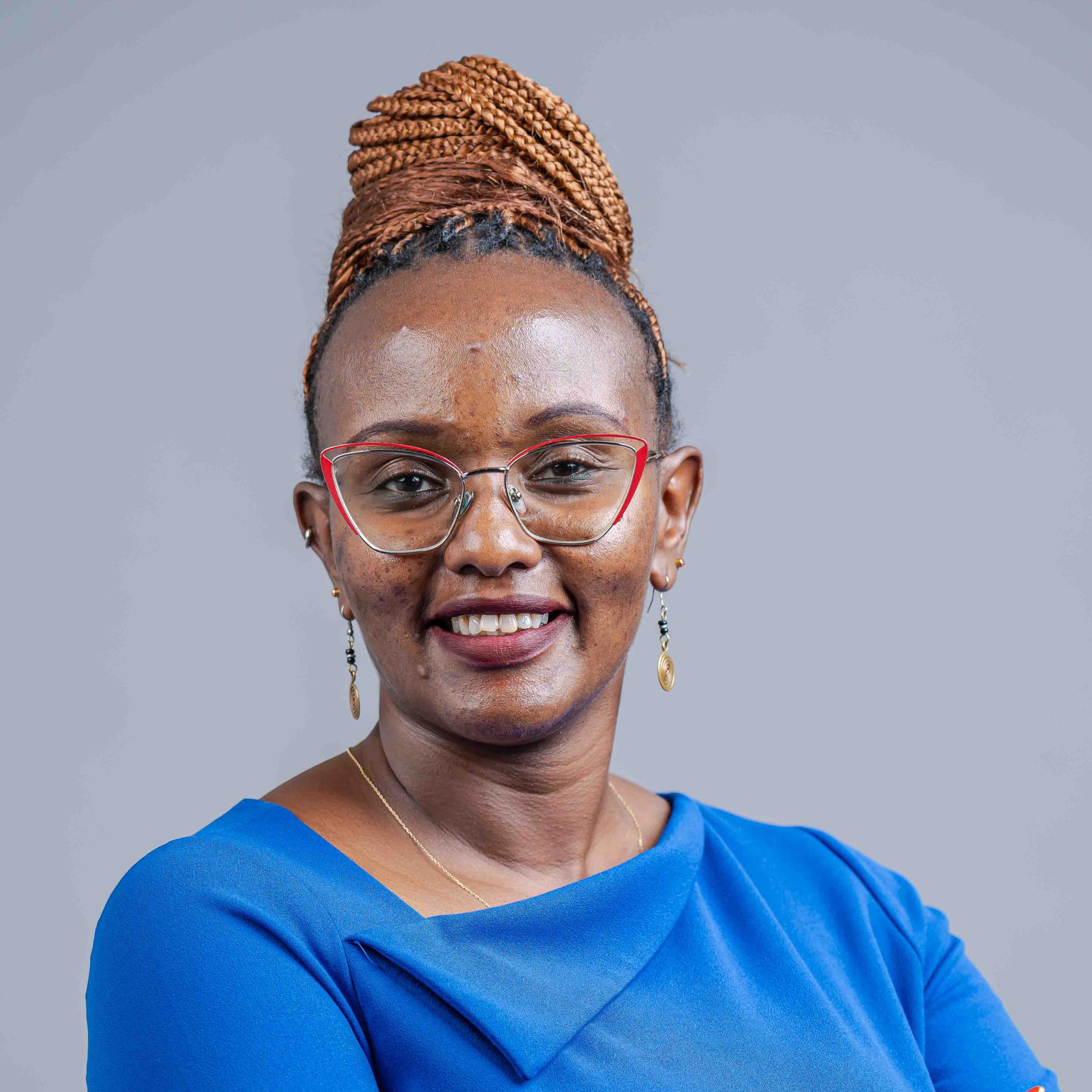
SARAH MUNYAO NDONYE
Senior Communications Officer

Davis Muli Musyoki
Communications Officer
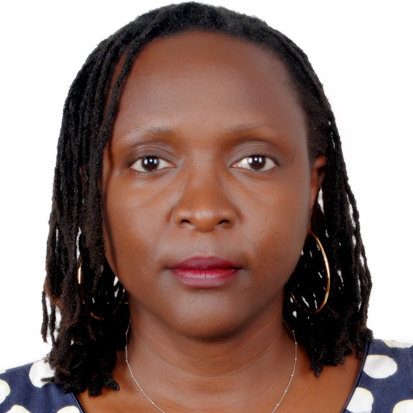
Lydia Namatende-Sakwa
Associate Research Scientist
Before the First Question Is Asked
Between July 28 and August 2, 2025, something meaningful unfolded in the classrooms, staffrooms, and meeting halls of Dadaab refugee camp and host community schools in Garissa County, Kenya. It wasn’t a major policy launch or a big funding announcement. Instead, it took the shape of a pilot study, quietly conducted, carefully observed, and profoundly important. This exercise shed light on the everyday realities, challenges, and resilience of teachers working in one of the most complex education settings in the Dadaab refugee settlement in North eastern Kenya.
At first glance, the word pilot might sound like a minor, often ignored, step before the “real research work” begins. But for researchers, this is the real work, a moment that can make or break an entire study. The pilot study activity is where assumptions are tested, blind spots uncovered, and trust built, creating the foundation for asking the bigger questions that follow in the main research study.
The TeachWell Voices & Teacher Well-Being Study, funded by the LEGO Foundation, conducted the above pilot study in readiness for the main research scheduled for September 2025. The main study will focus on host and refugee schools in Garissa and Turkana to generate evidence on teacher well-being, the mechanisms that support it, and the strategies needed to strengthen resilience. And before those large-scale questions could be asked, this smaller, carefully designed pilot ensured the ground was ready.
The TeachWell Voices and TeachWell Unlocking Playful Learning Project
The pilot sits within a broader initiative: the TeachWell Voices and Unlocking Playful Learning Project. This project seeks to support holistic learning and well-being for both learners and teachers in refugee camps in Garissa and Turkana counties. These counties host some of the largest refugee populations in Kenya 431,216 in Garissa and 305,421 in Turkana with 87% living in camps (UNHCR & DRS Kenya 2025).
To advance the inclusion of refugees into Kenya’s education system, the project focuses on key interventions such as continuous teacher capacity development, water, sanitation, and hygiene (WASH), crisis mitigation, and mental health and psychosocial support. These efforts are spearheaded by Save the Children (SCI) and International Rescue Committee (IRC) working in close collaboration with African Population and Health Research Center (APHRC), Research Triangle International (RTI), Dignitas, Elimu Yetu Coalition (EYC), M-Shule, Film Aid Kenya (FAK), Lutheran World Federation (LWF). This partnership is further anchored by strong partnerships with key government agencies including the Ministry of Education (MoE), Teachers Service Commission (TSC), Kenya Institute of Curriculum Development (KICD), and Kenya National Examination Council (KNEC). Together, these actors form a collaborative ecosystem within which the pilot, and ultimately the make study, take shape.
Piloting Our Tools: Preparing for the Main Study
Over five days, our team tested the quantitative survey and qualitative interview tools that will be used t for data collection in September 2025. In close collaboration with MoE, TSC, and LWF, we:
- Conducted two focus group discussions (FGDs): one with male teachers in refugee schools and another with female teachers in host community schools.
- Surveyed 18 teachers from both refugee camps and host community schools.
- Carried out six key informant interviews (KIIs) with heads of institutions
- Engaged in three KIIs with policy actors from TSC, MoE, and LWF.
- Trained enumerators on data collection techniques and safeguarding protocols to ensure accuracy and participant well-being.
These were not isolated exercises; together they created a run through for the larger study revealing what worked, what needed adjustment, and how best to prepare for the main study.
Why Piloting Matters
The Garissa pilot study proved that minor but strategic adjustments strengthened both the scientific and ethical rigor of the September Teacher Well-Being Study.
Here are a few examples of what we learned from the pilot and what we refined in the study process:
Language clarity: Some terms needed simplification to match the study populations’ (teachers)everyday vocabulary. Refugee teachers in Dadaab were more comfortable in Somali than Kiswahili or English, making accurate translation during proposal development is essential.
Question flow:– Reordering sections kept participants more engaged, moving naturally from general experiences to sensitive topics.
Tool refinement: – The pilot flagged redundancies, missing response categories, and skip pattern errors in the research tools giving us time to correct these.
Cultural sensitivity: Simple adjustments such as scheduling data collection around prayer times, creating women-friendly spaces, and matching facilitator and participant gender increased inclusivity.
Operational readiness: From verifying teacher lists and choosing safe venues to training bilingual enumerators, and avoiding insecure areas protected both participants and the team strengthening logistics and safety
These lessons remind us that piloting is not just a box to tick. It’s a cornerstone of credible, respectful, and impactful research.
The Human Side of Piloting
Pilots are not just about tweaking words on a form, they are about actively listening to people. The respondents of the pilot study had positive feedback on the process
“I appreciate that you’re testing this first. It shows you care about our time and our stories”
Female teacher, FGD, Garissa
“When the questions are clear, I feel confident answering. If they confuse me, I might give the wrong picture”
Male teacher, FGD, Dadaab refugee school.
The policy actors also appreciated the value of the pilot study.
“By involving us early, you’re making sure the study will speak to the real policy gaps”
TSC Official, Garissa
These reflections highlight that piloting is as much about building trust and respect with research respondents as it is about refining the instruments.
A Learning Moment for Researchers
For early-career researchers, here’s the wake-up call:
Skipping a pilot is like skipping a dress rehearsal before a live performance. The spotlight will still come on, but you will wish you had tested your lines first”.
A good pilot study builds trust and respect with participants; Strengthens the validity and reliability of your data; Anticipates fieldwork challenges before they derail timelines and turns the research team into a more cohesive unit before the main study. These lessons from Garissa remind us that preparation is not optional but it’s essential.
Interactive Moments during the Pilot
- To keep sessions engaging, the pilot incorporated interactive strategies: Role-play exercises during training, this helped field assistants visualize some of the TeachWell playful learning enhancements in the study.
- Open “feedback circles” allowed participants to suggest better wording or more relevant examples.
- Enumerators’ debrief sessions each evening created space for immediate problem-solving. For instance, informing the digital capture of signed consent forms to minimize paperwork.
These moments kept the process lively and collaborative, ensuring that both enumerators and participants felt ownership of the study.
Looking Ahead
In September 2025, the full rollout of the Teacher Well-Being study will take place across refugee and host community schools in Garissa and Turkana counties. The findings will inform national and consortium-level discussions on how to best support teachers in delivering playful, effective, and inclusive learning. More importantly, they will strengthen advocacy for teacher and learner well-being in humanitarian settings in Kenya.
This pilot was more than a technical step; it was a reminder that outstanding research starts with great listening
And to all researchers, especially those just starting out, remember: the most impactful studies don’t begin with the first interview. They start with the first conversation you have before the interview, when you pause, listen and truly learn from the people at the heart of the study.